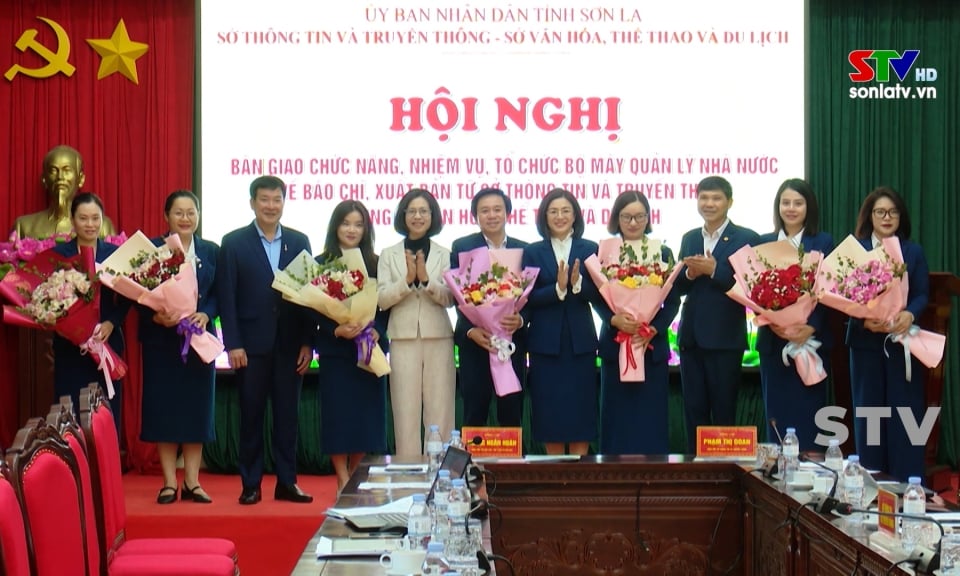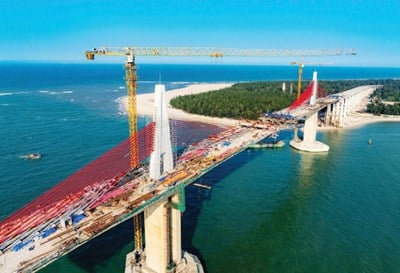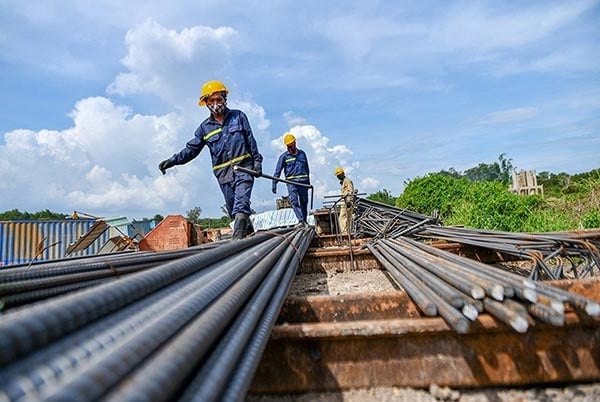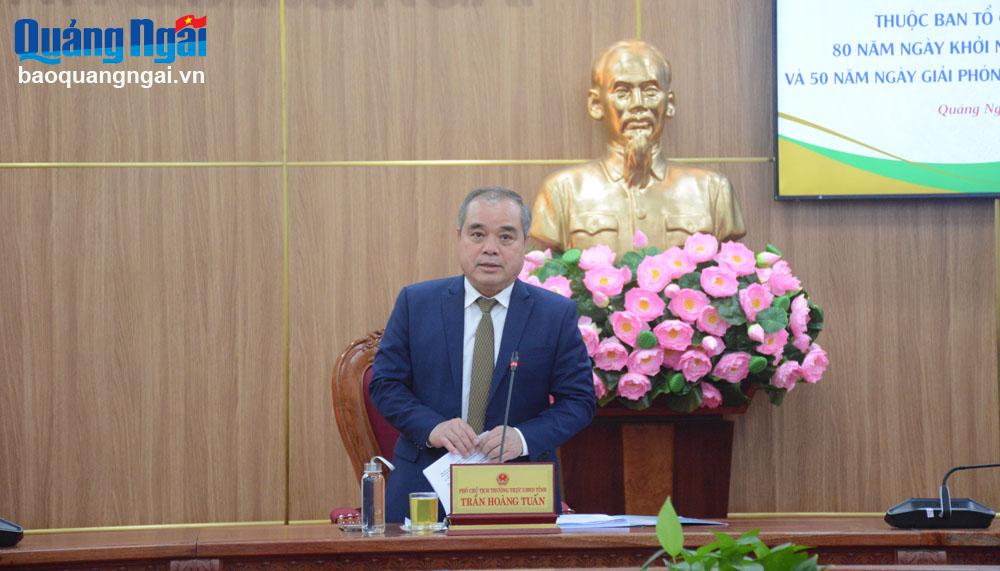Norwegian state-owned energy group Equinor confirmed the cancellation of its investment plan in Vietnam's offshore wind power, according to Reuters.
"We have decided to stop developing our business in Vietnam and close our office in Hanoi," said Equinor spokesman Magnus Frantzen Eidsvold.
Prior to this decision, the Norwegian energy group had withdrawn from more than a dozen countries where it had oil and gas operations in the past few years to focus on renewable energy and low-carbon systems. However, this is the first time Equinor has closed an office in charge of international offshore wind development. The representative office in Hanoi was opened in May 2022.
Equinor decided to exit Vietnam after a regular review of its renewable energy portfolio. “The offshore wind industry has faced significant headwinds in recent times and we need to be disciplined in our approach,” he told Reuters .
Equinor is one of Norway's largest energy companies, focusing on three areas: oil and gas, LNG and hydrogen, and renewable energy. Equinor invests in offshore wind projects in Europe and the US. In the UK, they have the Dogger Bank project, the world's largest offshore wind farm.
The Norwegian energy giant, listed on the Oslo and New York stock exchanges, has a market capitalization of over $73 billion. Its revenue for the quarter ended June 30 was $25.46 billion, up more than 11% from the same period last year. However, its revenue for the past 12 months has fallen more than 18% to about $105.3 billion.
According to the World Bank (WB), Vietnam's offshore wind power potential is about 600 GW, and this energy source is expected to provide 12% of the country's total electricity output by 2035.
Equinor also assessed that Vietnam "has one of the best wind resources in Asia". However, two senior sources, speaking on condition of anonymity, told Reuters The best-case scenario forecasts that Vietnam could only install around 1 GW of offshore wind capacity by the end of the decade, due to regulatory barriers.
According to the World Bank's analysis team, Vietnam has attracted international attention with its renewable energy plans, but policy delays have caused some potential investors to reconsider their plans. Last year, the Orsted Group (Denmark) suspended its investment plans in this sector in Vietnam.
According to Power Plan VIII, Vietnam aims to develop 6,000 MW of offshore wind power by 2030 and increase to 70,000-91,500 MW by 2050. However, no project has been approved for investment, and the legal framework for developing this power source is also unclear.
At a meeting with Deputy Prime Minister Tran Hong Ha on August 23, the Ministry of Industry and Trade proposed assigning the Vietnam Oil and Gas Group (PVN) pilot offshore wind power projects. They also said they are finalizing policies, creating conditions for domestic and foreign investors to participate in investing in this field. However, Deputy Prime Minister Tran Hong Ha requested that the pilot project for offshore wind power development needs to clarify the project, model, implementation method... so that the management agency has a basis to solve the problem of legal corridor, survey, and planning.
Source







































Comment (0)